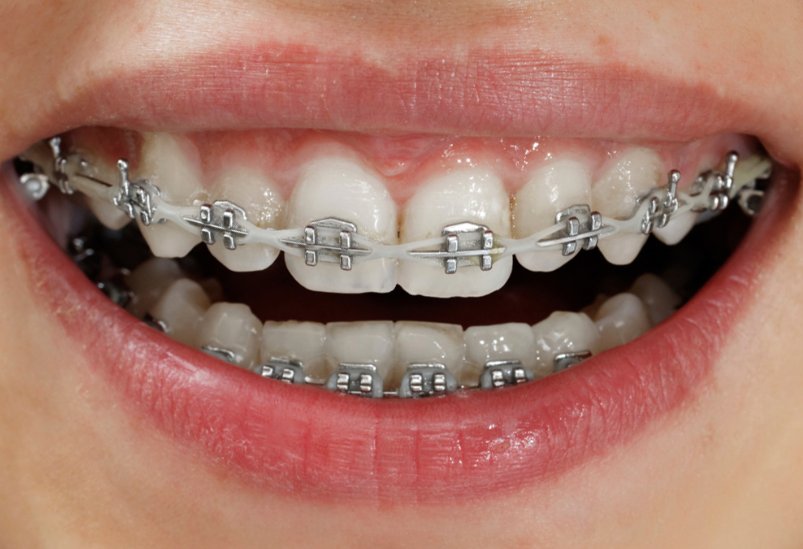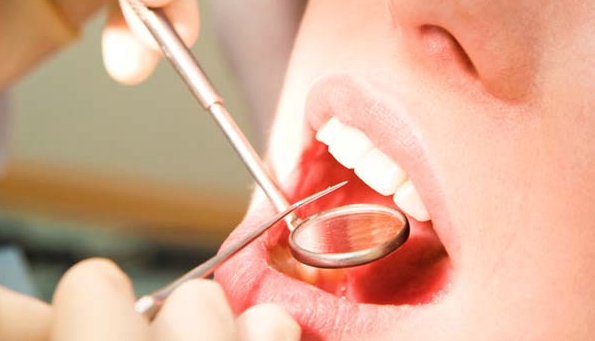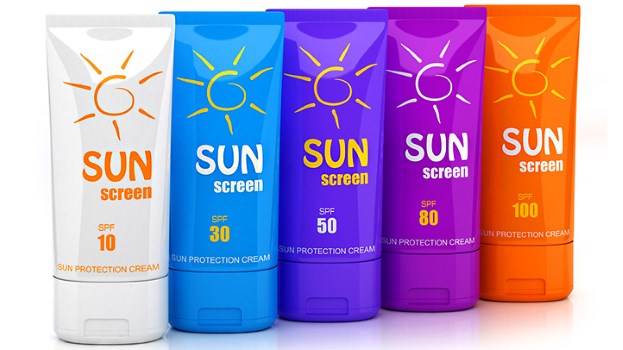Dr. Neil Alan Fenske, Director of Dermatology at USF Health, recommends physical sunscreens for children over chemical sunscreens. The main ingredients in physical sun blocks are Zinc or Titanium Oxide. He said children’s skin is still developing, and it’s best to not have chemicals absorb into their skin. He said children six months or younger should not be exposed to the sun at all.
Dr. Fenske said with physical and chemical sunscreens, you need to look for broad spectrum and use at least SPF 30. If you are using physical sunscreen and are spending time in the water, you may want to increase your SPF to 40 or 50.
Dr. Fenske said he recommends cream over spray sunscreens. He said spray coverage can be inconsistent. It is also flammable and you are at risk of inhaling it.
You want to avoid natural sunscreens.
“There aren’t, in my opinion, good, effective, botanicals as sunscreens to use on the skin… And we’ve had patients who have used them and gotten burns because it just wasn’t effective. So, it sounds good, but at the end of the day, it’s what works,” Dr. Fenske said.
Some good rules to follow: Put sunscreen on 15 minutes before you go outside, make sure you use at least an ounce, and re-apply every two hours.

We Know Who You Are!!

Do’s and Don’ts for Living with Braces
Do’s and Don’ts for Living with Braces Yes, braces can be trying at times, even when you know that it’s all worth it. Still, there are ways to make the whole process easier – and easier for your loved ones. So, here are a few important do’s and don’ts: DO...

Disclosing the Truth about Plaque
Disclosing the Truth about Plaque Anyone who has braces already pays close attention to oral health, and knows how important it is to get rid of plaque – all the plaque, on all your teeth. But not everyone knows about the best, most visual, and often most...

